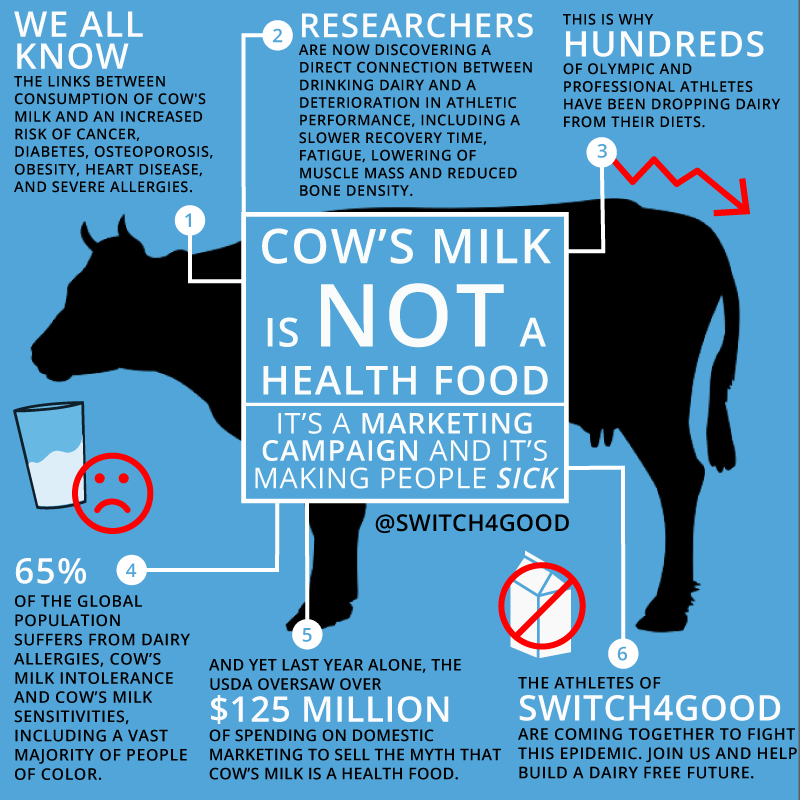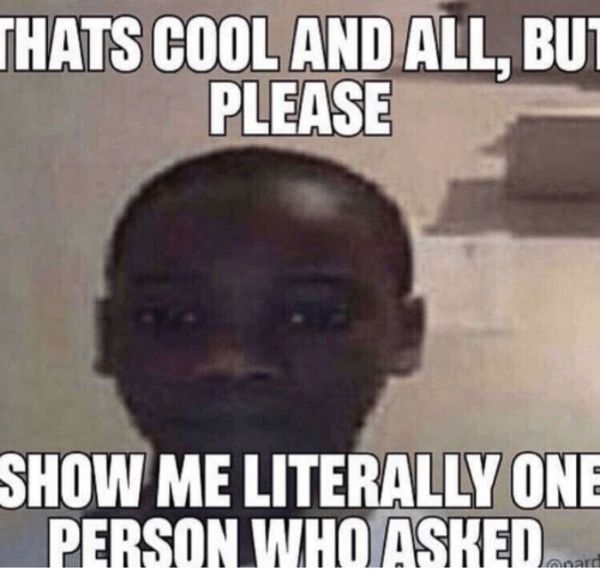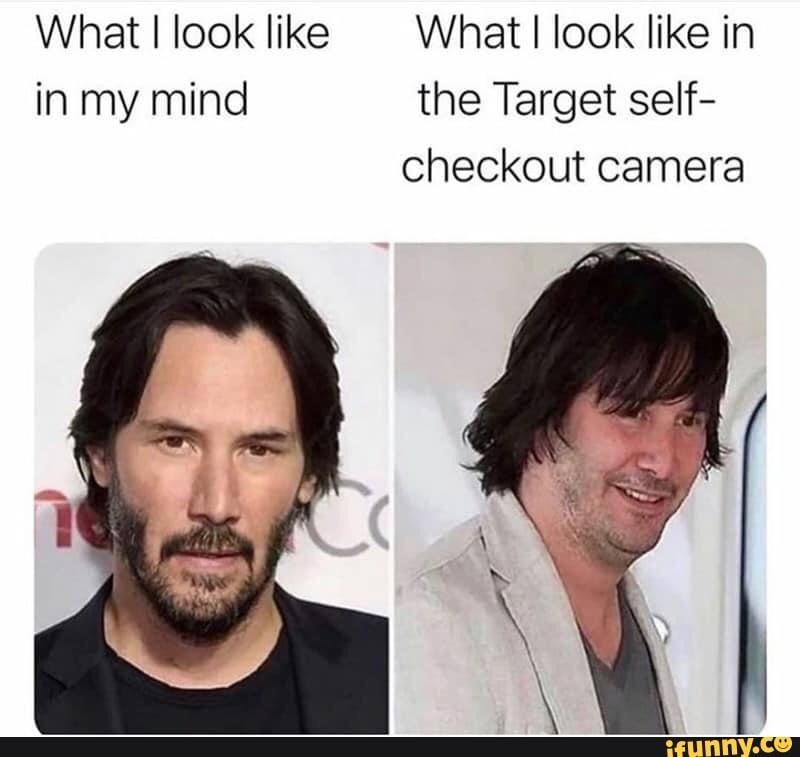When you don't know what to do
What to Do When You Don't Know What to Do
Source: Pixabay
Take a new job or quit an old one; leave a relationship or stick it out and see if it gets better; go back to school to train for a new job or stay put; spend money to fly to a cousin’s wedding or skip it and send a gift. With decisions big and small, it’s easy to be uncertain. You hem and haw and sit on the fence.
Time to get off. Here’s are some tips that you can use on their own or ideally together to help you know what to do when you don’t know what to do:
1. Focus on ends, not means. It’s easy to get these mixed up. Getting a new job or switching careers seem like ends, but are they? Try thinking of them as means: Does a new ultimate end emerge – greater income, higher job satisfaction – what?
Once you have a clear idea of what you are ultimately trying to achieve, you're freed up to think of other means: talking with your boss about in-house career options or moving to a different team with a different work climate that suits you better; exploring less expensive online training; driving to the wedding rather than flying. You get the idea.
2. Focus on your values. You decide to work on the relationship because you believe in commitment or you leave because you believe that life is about discovering and becoming yourself. You fly to the wedding because family is always important or you don't go because you believe relationships are lived in the everyday and need not be focused on a few big occasions.
Values act like ballast to keep us straight. By sorting them out you discover bottom-lines and priorities, and by building on them avoid regrets in the future.
3. Take action. It’s easy to get stuck on the fence because you want to make the right decision and don’t want to do anything until you’re sure. This is the Ready Aim Fire approach. Better is the Ready Fire Aim approach. Take a baby step in some direction. Apply for the new job and see what happens; go for the interview and see how it goes, or better yet, actually walk around the building or check out your future office if you can.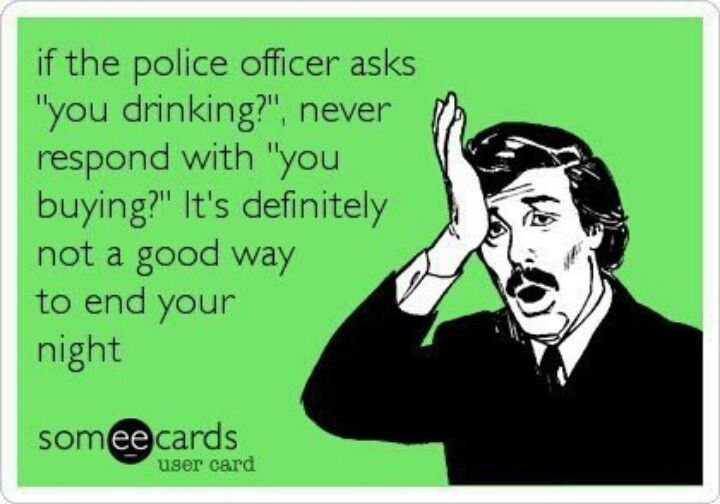 Similarly, look up how long it would take to drive to the wedding, look for free online courses, check out possible relationship counselors.
Similarly, look up how long it would take to drive to the wedding, look for free online courses, check out possible relationship counselors.
By doing something rather than waiting you're sure it's the Right thing, you get feedback that can help you fine-tune your thoughts and feelings.
4. Talk it out/get a second opinion. In the process of talking aloud, your thoughts often become more clear, the dots connect. Similarly, by getting another's feedback, you get feedback about whether or not your thinking makes sense. This can come from a friend or family member, a person working on another team at the office, someone working in the field you are thinking of moving into, one session with a relationship counselor, or an online chat room. Again, don't dither trying to figure out who the Right person is, instead take action.
5. Trust your gut. If at some point your head starts to spin with too much information, it's time to look down and check out your emotions and instincts. Here, affirming your values and reflecting on your past experiences in making big decisions are good ways of getting to those gut reactions.
Here, affirming your values and reflecting on your past experiences in making big decisions are good ways of getting to those gut reactions.
But just as you don't want to confuse ends and means, you don't want to confuse the good information of emotions and instincts with impulsive reactions and potential acting out. Being absolutely fed up on a bad day with the job or relationship and stomping away is impulsive. Noticing an uneasy feeling after the job interview or the tug of deep regret when you think about leaving your relationship is not.
6. Sleep on it. No, you don’t want to be impulsive, but you do want to take action. You want to get info but also trust your gut and clarify your values.
But after all is said and done, you probably want to sleep on it. After all your hard work, it’s time to let go and focus on something else, giving your mind the opportunity to sift and settle. This is like the resting of the dough when making bread, or the incubation stage so important in the creative process. So give it a day or more, focus on other things, see what comes to the surface.
So give it a day or more, focus on other things, see what comes to the surface.
You might be surprised.
20 things to do when you don't know what to do
What to do when you don’t know what to do? It sounds like a paradox.
You could be wondering what to do when you don’t know what to do with your life, what to do for a career, what to do in a relationship, or even what to do with yourself.
How can you make a decision when the only thing you know right now is that you don’t really know?
The good news is, there is plenty you can do to help.
Here are 20 steps to try when you don’t know what to do.
1) Focus on the positives, not the negatives
There’s being pragmatic and then there is just limiting yourself.
I’m not suggesting you make ill-informed or reckless decisions. Putting every cent you own on a horse race and hoping for the best is definitely not what I’m getting at here.
I’m saying it’s better to make choices motivated by the positives rather than held back by the negatives.
Get into the mindset of thinking more of what you stand to gain rather than what you stand to lose.
It’s tempting to look at the pitfalls when we make a choice. But in life, it’s always a good idea to keep your eyes focused on what you want, rather than what you worry could happen.
The doomsday attitude of focusing on the negatives has a habit of becoming a self-fulfilling prophecy. Go after what you want rather than simply trying to avoid what you don’t want.
2) Meditate
I know plenty of people who swear by meditation as a way to receive the answers they are searching for. There is scientific evidence that suggests they are right.
One study found that a 15-minute focused-breathing meditation may help people make smarter choices.
Whilst meditating once is unlikely to give you all the answers to life in a flash, it can help to calm your rushing mind, and bring you a step closer to clarity.
Research from UCLA has shown that meditation strengthens the brain and improves your ability to think clearly.
There are lots of scientifically proven benefits to meditation.
Cultivating a regular practice has been shown to reduce stress and anxiety, enhance your self-awareness, improve sleep, and improve your emotional wellbeing.
All of which is going to really help when you feel like you don’t know what to do.
3) Ask yourself what’s the worst that can happen
To all the natural worriers out there (big shout out to my fellow anxious types), whenever I’m nervous, apprehensive, or downright terrified about something, I play a game called ‘What’s the worst that could happen.’
Bear with me as I know this initially may sound like the worst idea in the world. But the thing is that when stress kicks in our imagination runs away from us.
Our imagination is a powerful thing and used against us it can create lots of fearful scenarios that only exist in the mind. When you face these fearful thoughts you can see them for what they are — a mental construct.
Ask yourself ‘What is the worst that will happen if I do X, Y, Z?’.![]() Then ask yourself, ‘And then what?’.
Then ask yourself, ‘And then what?’.
Eventually, you will land at a realistic “worst-case scenario”. I’m guessing what you will find is that you would still be able to deal with it.
That’s not saying you want to deal with it. But when we face fear, look it in the eye, and realize there would most likely be a solution, even if the worst happened, then things don’t seem as bad.
4) Know that doing nothing becomes the choice you’re taking
You may have heard the expression ‘When you don’t know what to do, do nothing’.
For a short time, this can be good advice, but it has limits.
When you wait too long, doing nothing becomes a decision in itself. At some point, it’s better to let go and take action.
Any action can be better than no action at all. Let’s say you are stuck in a dead-end job that makes you miserable.
The problem is you don’t have a clue what you want to do instead. So you do nothing. But by doing nothing, you’re not getting any closer to finding out what it is you truly want.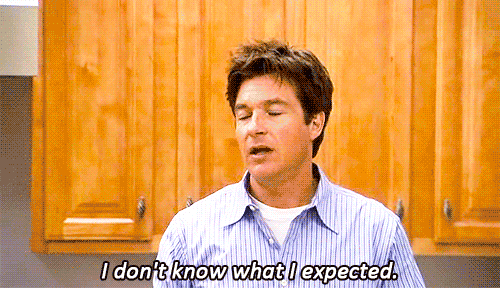
That’s when doing something, even if you’re still not sure, is better than doing nothing. That might mean applying for new jobs, having interviews, taking new courses and learning new skills, etc.
Taking action gives you feedback which will help you figure out what you feel and think.
Remember that even discovering what you don’t want still helps you get closer to what you do want.
5) Make a pro’s and con’s list
The pros-and-cons list has been a long-standing tool to help people make a decision.
Apparently, in 1772 Benjamin Franklin advised his friend and fellow scientist Joseph Priestley to “divide half a sheet of paper by a line into two columns, writing over the one Pro, and over the other Con.”
It’s a simple tool that can help you to get some emotional distance and see things in a logical way.
The catch is that not every decision can be made by analytical thinking, something we need to feel our way through. But laying every thing out in black and white can help you to feel more in control and create order in your mind.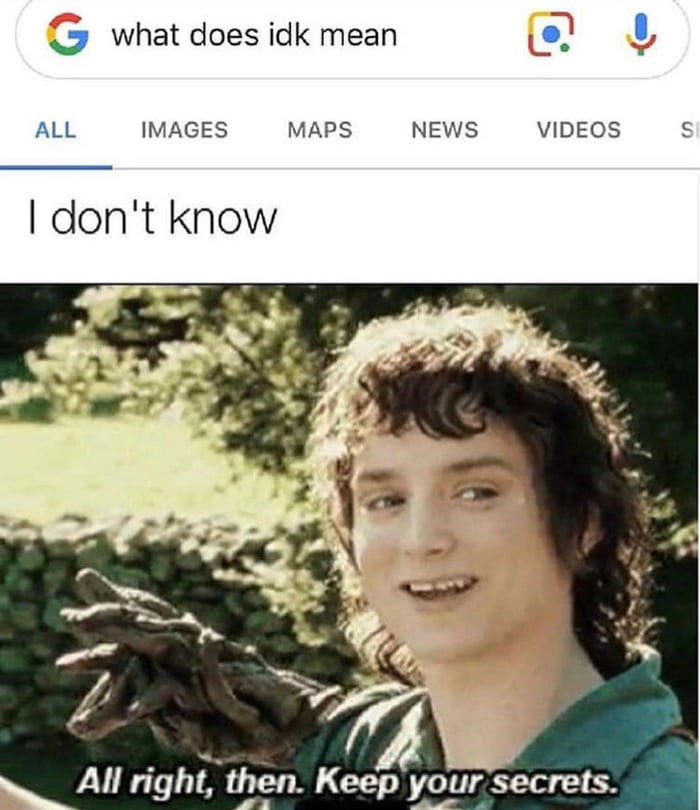
6) Go with your gut
Intuition is an often overlooked tool when it comes to decision making, but it shouldn’t be discounted.
That gut feeling isn’t a vague guess it comes from years of collected experiences and unconscious information stored in your brain.
There’s scientific evidence that people can use their intuition to make better choices.
In fact, one study found that when it came to simple decisions, better choices are made from consciously thinking about the problem. But for a more complex choice, people actually did better by not thinking about it.
You should always listen to your initial instincts about a decision.
7) Do some self reflection through journaling
Writing down your thoughts and feelings is a great tool to help you dig deeper when you’re stuck and don’t know what to do.
It’s like having a conversation with yourself, but rather than the words continuing to go round your head, you get them out and onto paper.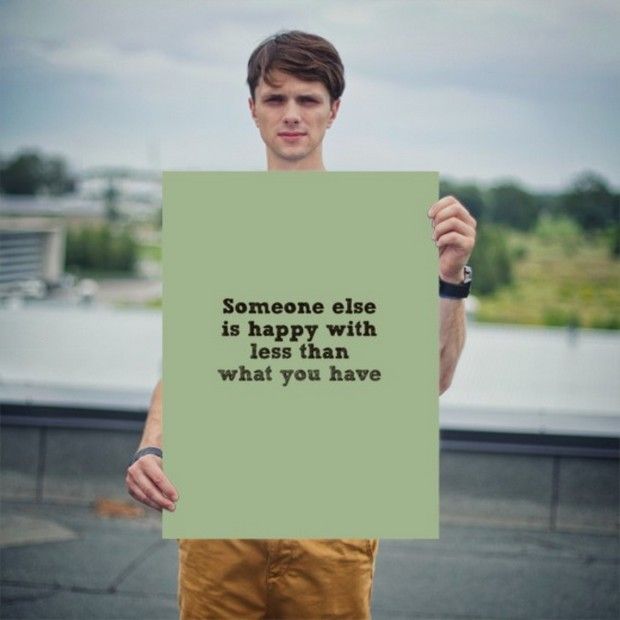
You might also want to ask yourself some meaningful questions to gain more insight.
Scientific studies have shown plenty of practical benefits to journaling — including boosting mindfulness, memory, and communication skills.
It has even been linked to having a stronger immune system, more self-confidence, and a higher I.Q.
8) Give yourself some time
Particularly when you are feeling a heightened sense of emotions, sleeping on it can be great advice when you don’t know what to do.
Important decisions shouldn’t be made when you’re feeling off-balance.
Sometimes when we feel stuck, everything just swirls around in our head.
Deciding to wait for a certain period of time can mean:
- We get more information that makes knowing what to do next clearer
- Something happens or changes so that the best solution presents itself.
- We allow ourselves to not think about it, which takes the pressure off and we suddenly feel a lot clearer about what to do.
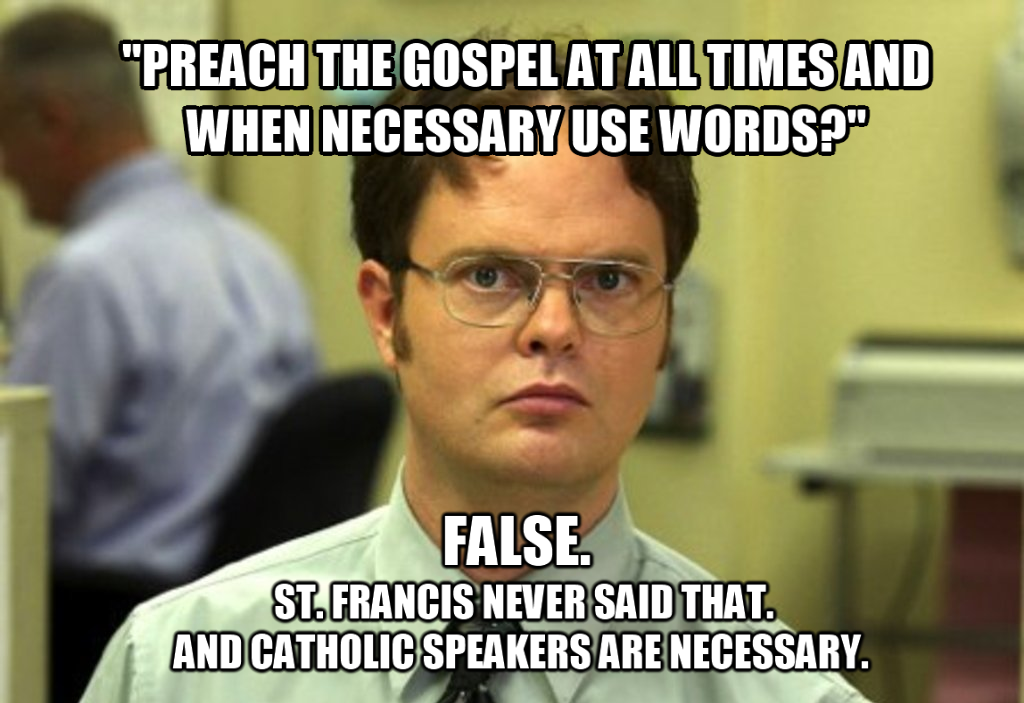
The key to giving yourself time is to not make that an indefinite amount of time and avoid making any decision at all.
9) Know that it’s ok not to know
Social media would have you think that other people have their entire life figured out and you’re the only one left scratching your head.
Even though we know it’s not true, it’s easy to fall for the lie that everyone else is further along in life than us, living their best life, or has all the answers.
Is it okay not to know what to do? Yes. Because most of us will feel this way at some point or another.
Piling on extra worry, guilt, frustration, or panic about not knowing is only going to make you feel more stuck.
10) Take the first small step to find out
Overwhelm usually kicks in when we demand of ourselves that we have everything perfectly mapped out.
The reality is that you don’t need to do it all now, or know it all now, you just need to take one small step, then another, and then another.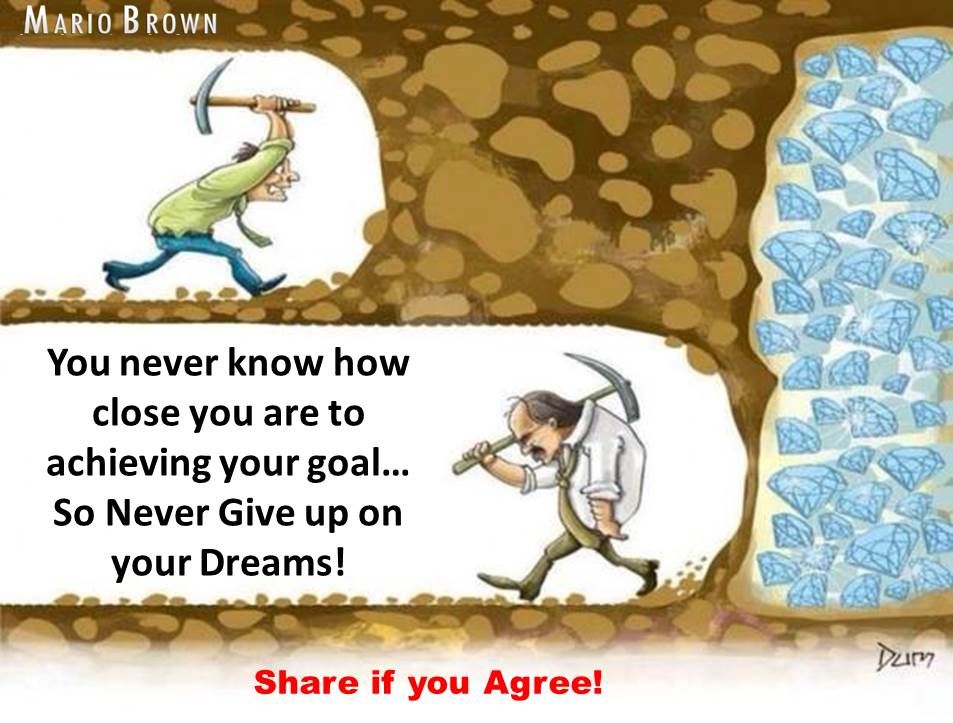
Deciding whether you should immigrate doesn’t mean you should pack your bags straight away and jump on a plane. You can research the country, talk to other people who have done it, or go on a vacation there.
Whatever the decision is, look for the next small step that you can take which will help you get some of the answers you are looking for.
11) Use your imagination
Imagination is an incredible mind tool that we can use in our favor or against us.
Researchers have concluded that the imagination has the extraordinary capacity to shape reality, and can help us to reach our goals.
Play a game where you are just pretending what you want. When we inhabit the world of fantasy rather than reality it is easier to dream big, as the pressure is off.
Using your imagination can help get you closer to what it is you want, which you can then use to guide you towards what to do next.
Sometimes we do know exactly what it is that we want, we just think we can’t have it and so we talk ourselves out of it.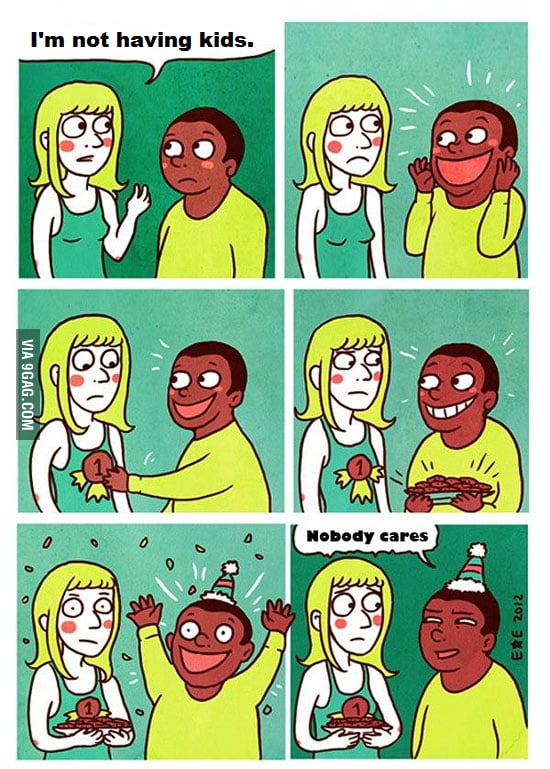
12) Get curious
Curiosity is another wonderful way to play with life, without feeling crippled by burden.
Rather than demanding answers from yourself, be inquisitive instead.
Play, explore, innocently try things out as an experiment, rather than the aim being to draw definitive or serious conclusions.
Being curious in life might mean following your desires and passions to see where they lead, asking yourself thought-provoking questions, or giving something a go (without any particular expectation.)
Research shows that being curious boosts achievement, helps us to stay vigilant, and gain knowledge in changing environments.
Studies have also found that curiosity is associated with higher levels of positive emotions, lower levels of anxiety, more satisfaction with life, and greater psychological well-being.
Getting curious about a problem or situation can help you to find solutions you hadn’t even considered.
13) Make friends with fear
9 times out of 10 it is fear that keeps us stuck.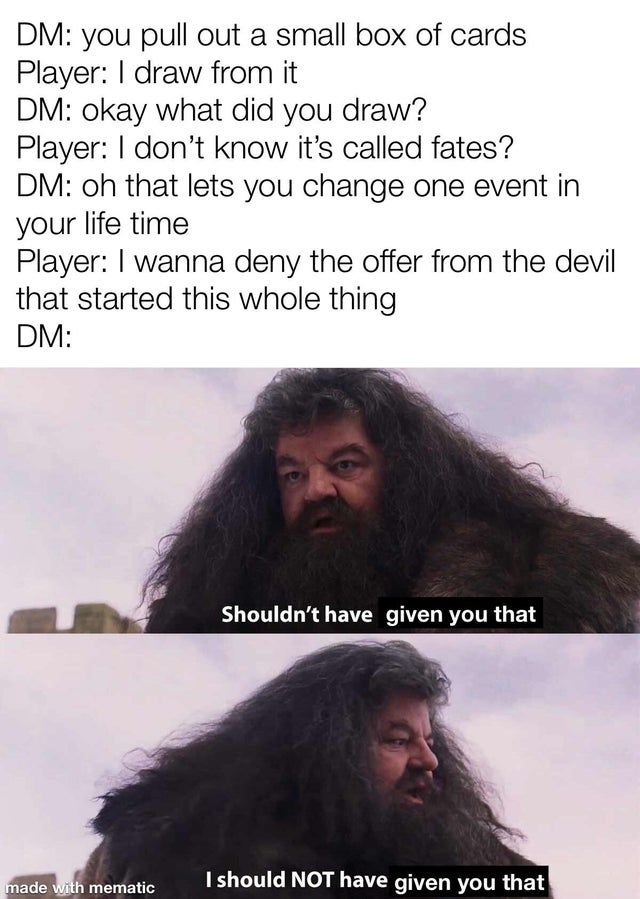
Fear takes many forms — overwhelm, procrastination, uncertainty, nervousness, helplessness, anger, dread, panic. Basically any time we feel threatened by something in life, fear appears.
It’s a natural biological response to want to avoid threats. We’re designed to keep ourselves as safe as possible and run from anything that might potentially harm us.
The problem is that fear can be crippling, keep us stuck, and cut us off from taking all-important action.
Fear will always be with you throughout your life. There’s no getting away from it. But it doesn’t need to be in the driving seat, it can just be a passenger instead.
Trying to make friends with fear is about recognizing when it shows up and seeing beyond it rather than getting lost in it. Ask yourself if your decisions are being swayed or motivated by fear.
Perhaps you’ve heard the expression “feel the fear and do it anyway”. The only way to “conquer” fear is to accept that it isn’t going anywhere and to act in spite of it.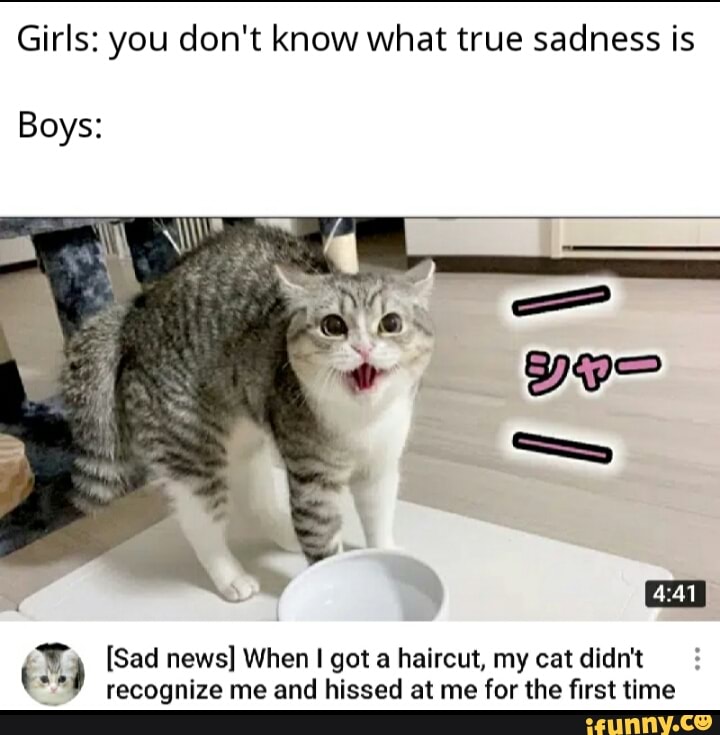
14) Understand that all of life is a giant question mark
There is never any real way to know what will happen in life, which can be simultaneously scary as hell but also liberating.
You can make the best-laid plans and everything still ends up in the air. This might sound terrifying, and it kind of is. But isn’t it thrilling too?
The unpredictability of life is what makes it magical. The chance encounters, the opportunities you could never expect. These are what make life a roller coaster.
You can either shut your eyes and pray for it to stop, or you can raise your arms and get a kick out of the twists and turns along the way.
Either way, the ride isn’t stopping.
15) See where you are procrastinating
Sometimes we do know what to do, we just don’t do it.
We make excuses. We find reasons to avoid what feels uncomfortable. We find 1001 other things that we “must” do first.
Deep down we know they’re probably not important, but it makes us feel better for a while.
We hide within inconsequential tasks and little “to do’s” to convince ourselves that at least we’re doing something.
I’ll be honest, I’ve always found a little bit of procrastinating is good for my mental health.
For example, I like to have a clean and tidy space before sitting down to do a task. If I’m feeling overwhelmed it helps me to clean up. But it’s also important to know when you are hiding for the sake of hiding.
Get honest with yourself and discover where in life you procrastinate and where your excuses come from. Then ask yourself how important the things you procrastinate on really are.
Noticing where you procrastinate can help you prioritize and do the most important things first.
16) Focus on your values
You may not know what to do, but I’m willing to bet you do know what is important to you.
When you’re feeling lost and uncertain, it can help to return to the core of who you are and what makes you tick.
You know what you like and what you dislike. You know what drives you.
You know what drives you.
Your values are your compass in life, and they help to steer you towards what is best for you.
When you decide what is most important to you in life, you can then decide what to do.
17) Stop desperately trying to find your purpose
Don’t get me wrong, I do think that we all have different skills, talents, and abilities. Some we are born with and many more we develop over the years. I also think we are here to share those with one another and the world.
Few people may have a strong sense of one thing that they overwhelmingly want to commit to and work towards in life, like a calling or vocation. But the truth is that is not the case for the vast majority of us.
And for everybody who feels motivated and excited about discovering their purpose, there are far more left thinking “I don’t know what to do with my life and I’m scared.”
Whatsmore, the irony is this societal pressure about how to discover your purpose can be exactly what keeps you from finding meaning.
But what if you didn’t have one purpose, what if you have many?
What if purpose is a constantly unfolding and shifting path, rather than a destination you have to arrive at by a certain date?
Maybe there isn’t a strict timetable at all, and the pressure you feel is just a societal construct about how life “should” go.
What if your purpose in life is actually to fully experience? How would that change the way you approach or even appreciate life?
What if you are here to love, to cry, to try, to fail, to fall down, and to get back up again?
There isn’t one thing you are here to do, there is an entire rainbow of things.
You can’t “fail” at life, because you are not here to “win”, you are here to experience.
18) Serve others
We get so wrapped up in our own heads that thinking of others is actually a great technique to help us shift our focus.
Volunteer, offer your skills to someone who would benefit, help a friend who needs it.
Scientific research even suggests that the secret to happiness is helping others.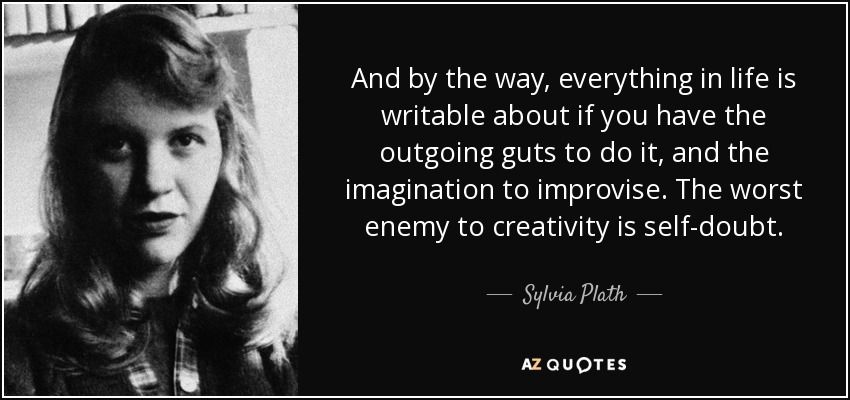
The good thing about directing attention to somebody or something else is that it helps to stop you overthinking.
19) Talk to someone you trust or someone impartial
A problem shared is a problem halved and talking about what’s going on in our head has great value. It can help us to release emotions and thoughts that we’ve kept bottled up.
This release alone is often enough to make things clearer for us. But it’s always smart to be cautious too.
Before deciding to go to someone else, think about whether you want their opinion, or if you just want them to listen.
You might even decide to talk to an expert (like a therapist or coach) as these types of people are trained to ask reflective questions that help you to figure things out, without directly giving you an answer or opinion.
Whilst it can be useful to get the opinion of someone else who you trust, for a fresh perspective, it can also add to your confusion too.
At the end of the day it’s your life. You need to do what feels right for you, and not based solely on what someone else thinks.
You need to do what feels right for you, and not based solely on what someone else thinks.
Before you talk to someone ask yourself:
- Do I respect and value this person’s opinion?
- Do I want this person’s opinion or am I looking for a sounding board? (If you just want them to listen and ask questions, then tell them that first.)
20) Know that there are no “wrong’ choices, only potential different paths
When making what seems like a big decision, it can feel incredibly important that we make “the right” choice.
But all experiences are valid. Even the ones that didn’t feel so good at the time.
It really is true that every step you’ve taken up until now has made you who you are. Each has been valuable in its own way.
Even when the sh*t hits the fan, those can be the times that end up making us. From the worst things that happen in life, sometimes the best opportunities will follow.
Understand that ultimately, whatever decision you make is just one potential route in life.
Whichever route you take (even if you need to correct your course later on) there are infinite potential routes that can lead to the same destination.
What to do when you don't know what to do? Psychologist's advice
Such a strong stress, as it is now, in our country, and throughout the world, perhaps, has not been for a very long time. It is accompanied by fear, anxiety, aggression... Emotions do not allow us to think rationally and make informed decisions. We are lost and do not understand: what to do? What should we do right now?
“Save yourself and thousands around you will be saved” – these are the words of St. Seraphim of Sarov. This idea exists in one form or another in every religion. A mentally stable person can act reasonably for the benefit of himself and others, reminds coach, conflictologist, stress manager and burnout researcher Irina Barzhak.
How can I help myself? Expert advice:
1. Planning
Emotions, strong anxiety plunge us into the chaos of experiences.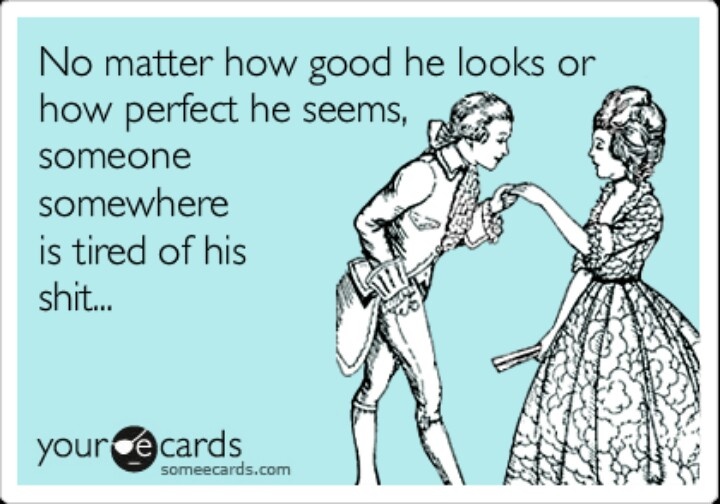 It is much easier for the psyche to deal with emotions when you have a plan. Therefore, it is worth sitting down and compiling options for “Plan A”, “Plan B”, and so on, for various possible cases.
It is much easier for the psyche to deal with emotions when you have a plan. Therefore, it is worth sitting down and compiling options for “Plan A”, “Plan B”, and so on, for various possible cases.
Direct energy
“There is a lot of energy in anxiety and fear — we now have an overabundance of it, the body cannot cope. That’s why we don’t sleep at night,” the expert explains. — How to be?
Put her to work. This requires a plan and a clear reproduction of it. Then the energy gets an outlet, and you stop chasing the same thoughts and entering tunnel thinking, looping. This is a state where one or two disturbing thoughts are constantly spinning in the head, giving rise to even more energy and creating the so-called wheel of exhaustion, or a loop of exhaustion. And it is endless, and you can drive in circles to exhaustion.
See what can be done right now
“The main question is what can I do right now? I can take care of my family. I can go to practice.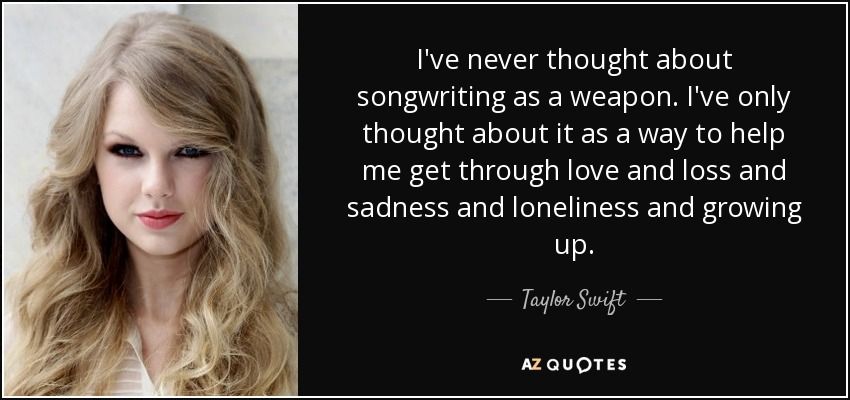 I can remove the fallen snow that blocks the way to the house. It is important not to exhaust the body with overwhelming tasks, but to direct energy into action. This will help to cope with stress,” advises Irina.
I can remove the fallen snow that blocks the way to the house. It is important not to exhaust the body with overwhelming tasks, but to direct energy into action. This will help to cope with stress,” advises Irina.
2. Daily rituals
“The first thing people stop doing when they're stressed is making their bed. Second, brush your teeth. That is, the daily routine gets lost, ”explains Irina Barzhak. At this moment, it seems to us that all this has lost its meaning against the backdrop of global events. But for the brain it is important, for the psyche it is saving. Following a routine serves as a kind of beacon and reminds us: everything is in order, we know where to go, everything is going according to plan.
“Please continue doing this now. If you made your bed every morning, make it every morning. If you applied makeup or did beauty rituals, do it. The repetition of the usual rituals reduces the production of stress hormones, ”Irina is sure.
3. Breath control
When the world around us is beyond control, the only thing we can control is our breathing. The psyche focuses on it and calms down. The psychologist explains: “The fact is that we can concentrate on one thing. If fear and panic are in focus, we multiply them. And if breathing and daily routine, then anxiety fades into the background.
I know people who now make seasonal sunsets, like every autumn, and this calms them down - for the psyche, such habitual actions mean that winter will pass, spring will come, that life will go on as usual ... "
4. Joys
In critical circumstances, we begin to deprive ourselves and loved ones of joys and pleasures, Irina notices. In her experience of working with stress, this should never be done: “If today is your loved one or you have a birthday, some kind of holiday, celebrate it, as always.”
In stress, we produce a lot of cortisol, adrenaline, noradrenaline, there is a lack of endorphin, serotonin, oxytocin and dopamine. And the body produces dopamine with endorphins when something joyful happens in our life. In addition, we get them from sports (if we do not exhaust ourselves), from daily small joys.
And the body produces dopamine with endorphins when something joyful happens in our life. In addition, we get them from sports (if we do not exhaust ourselves), from daily small joys.
5. Hugs
“Speaking of daily joys,” the psychologist continues, “I want to draw your attention to hugs. Hug as often as possible, hug your loved ones, friends, children. Hugs increase the production of oxytocin, which reduces the effect of stress hormones.
No one around - hug a tree in the park. You can think about how stable it is: it has been growing there for many years and will remain idle for many more years, it will survive all the stresses. They didn’t break it - and they won’t break us ... I was skeptical about this technique, but I tested it and made sure in practice: it also helps to reduce stress.
6. Information hygiene
What to do when it is impossible not to follow the events, there are a lot of news channels and reading them drives you into even more stress? Irina recommends: “Take two or three sources you trust and read their digests.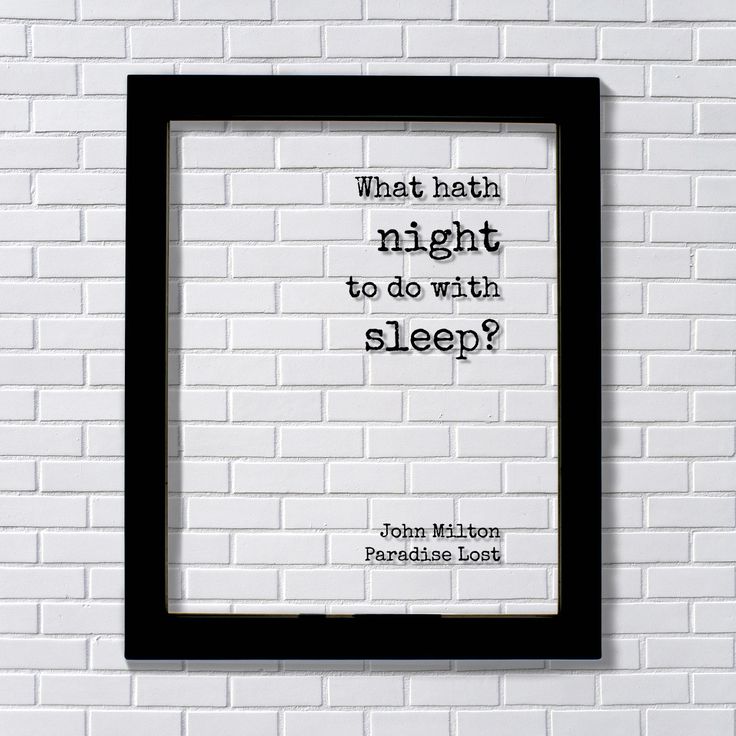 Believe me, super-important information will not pass you by.
Believe me, super-important information will not pass you by.
Try not to broadcast unverified information outside yourself. Talk to your loved ones about how you feel, but don't be the bearer of bad - and possibly unreliable - news. So you cheat both others and yourself. I know how difficult it is to stop such broadcasts on yourself. But probably.
If they call me with something like this, I ask why the person is doing this, why. He stops and realizes what is happening. And when you stop and do not carry disturbing (and possibly fake) information to others, you yourself begin to better analyze what comes to you. And it will be easier for you yourself not to listen to those who invade your consciousness with such things.
Coping with stress requires a resource. Therefore, it is very important, first of all, to direct actions to replenish the strength and energy that we need in order to live on.
I don't know what I want. What to do? - Personal experience on vc.
 ru
ru Home-work-home, a bit of boredom and loneliness in the evenings, killed in the social. networks and series. Everything seems to be fine, but I want something more. But what exactly is unclear. How to cheer up and understand what you want? I'll tell you how I got out of the zombie life.
237 835 views
Read filter
This article will not please those who:
- Seeks to renounce the worldly and live in the Himalayas;
- Fans of "wish-fulfillment marathons", where they are invited to dream of a Rolls-Royce and an oligarch-husband in two weeks;
I have nothing against the above, but further material will be based on the opposite theses:

Problem statement
A well-formulated question contains half the answer, so I'll start by clarifying the wording: "I don't know what I want."
First, "I want" is about desires, and desires are usually felt/experienced. Desires come from the realm of feelings and emotions (until they turn into goals). "I know" is about thoughts and the brain. Therefore, at least a more correct formulation would be:
I don't feel my desires.
Here you can clarify again: why can't I feel them? Options are possible:
- I have no desires, nothing to feel 😩
- I don't know how to realize/hear/formulate my desires, but they still exist 😍
When a person has no desires at all, this is the state of a vegetable and a clinical diagnosis.
Most of us experience at least primitive desires: to eat, sleep, go to the toilet. Of course, these are not the desires for which you are reading this article, but nevertheless they are desires. We even say about them “I want to eat”, “I want to sleep”. And at least at the moment when we really want to go to the toilet, we know exactly what we want :)
Of course, these are not the desires for which you are reading this article, but nevertheless they are desires. We even say about them “I want to eat”, “I want to sleep”. And at least at the moment when we really want to go to the toilet, we know exactly what we want :)
Therefore, for my research, I will choose the wording:
I can't feel my desires.
Why don't we feel our desires?
Mikhail Labkovsky drowns because everything comes from childhood:
Why doesn't a person know what he wants? How can you not know at all? Yes, easily. We will have to talk about childhood again, when parents impose their will on 10-, 12-, 15-, and sometimes 40-year-old children. Rather, they are simply not interested in what the child wants there. Cottage cheese, cereal or scrambled eggs, for example, for breakfast? A teenager may not be asked what he himself wants to become ... This, in principle, does not matter for some parents who "themselves know what is best.
"
And it turns out no better. It turns out that when it is necessary to choose, when it is important to know what he wants and what is best for him, a child or an adult cannot find a single desire in himself. Not a single desire so clear and strong that it could be formulated. They have no desires.Mikhail Labkovsky, psychologist
We get so used to the fact that everything is decided for us and our desires are not taken into account that over the years the skill of wanting atrophies.
In my work with a psychologist, I also unearthed such a thing as dissociation: I was often beaten as a child, and at some point I reached a state of indifference and separation of myself from my body: they beat me, but I don’t feel pain, I am apathetic I lie and wait for it to end.
Probably, there are many more reasons why we lose contact with our desires, but both Labkovsky and my psychologist advise about the same thing:
Start tracking the smallest desires and satisfy them.

Of course, I would like to immediately feel more global things:
- where to live;
- with whom to live;
- whom to work;
- things to do;
But my experience has shown that without the stage of realizing even small, but definitely one's own desires, attempts to comprehend global desires lead to stereotypical ideas like "open a business, live by the sea and have a good husband."
Just as you can't come to the gym and become a Schwarzenegger in one workout, so it is here: without knowing what you want for breakfast, it's hard to understand what you want from life.
Start small
I listened to the advice of my psychologist and Labkovsky and started by asking myself once an hour: "What do I want now?", making silence inside and listening to the response. At first, I was aware of very simple desires: get up to stretch, eat a chocolate bar, take a break from work.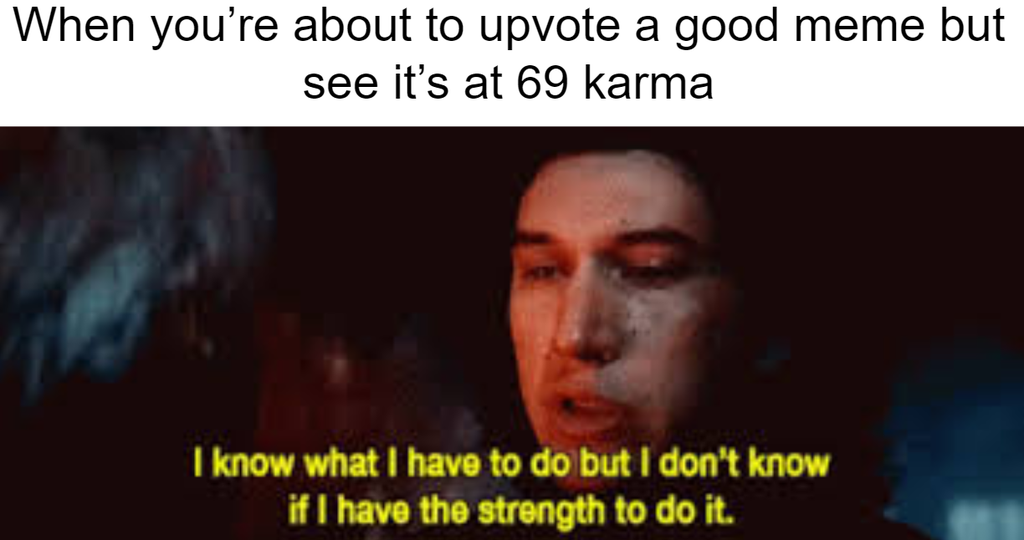 If nothing specific came up, then I went through the checklist:
If nothing specific came up, then I went through the checklist:
- is it comfortable for me to sit/lying down;
- if I want to eat/drink/go to the toilet;
- am I hot/cold;
As a result, I was horrified by how often I ignored my desires. For example, I ignored the primitive desire to go to the toilet in half of the cases, because:
- 5 more minutes, I will finish the letter and go;
- meeting, somehow uncomfortable, all of a sudden I miss something;
- too lazy to get out of bed in the morning 😂
When the body gets used to being ignored even in such a small way, it is difficult to expect that it will generate desires of a higher order.
I found out the same story with a desire to eat, to stretch. I constantly put them off for the sake of some more important matters from the point of view of the mind.
I decided to take a radical approach to the issue and began to satisfy my desires immediately, regardless of the context. Which at first looked rather strange at meetings, for example.
But, I told everyone the story that I'm on a diet and I have to eat by the clock - and everyone was fine with that. When I wanted to warm up, I just said "Everything is numb, I can't", I got up and began to walk around the negotiation room. And I also started going to the toilet when I wanted to 🙈 Incredibly, no one fired me for this))
Moreover, over time, my colleagues saw enough of me and also began to come with food))) And it became a little easier for all of us to live: )
Have a digital detox
Child psychology says that boredom is very useful for a child: it is at the moment when there are no external stimuli that the child is left alone with himself. His attention wanders and it is at this moment that he shows creativity: he invents a new game or activity for himself.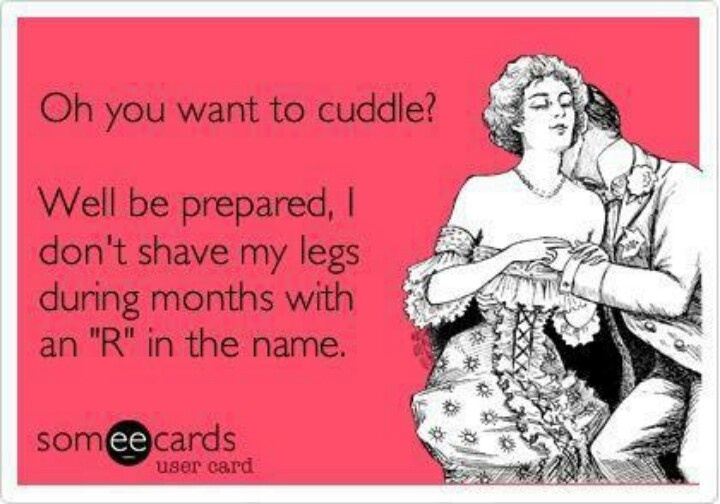
Even today's children, tired of the lack of gadgets, with their long absence, find themselves a new occupation. Sometimes this activity is lying on the couch, which bears little resemblance to creativity. But this also passes (but this is not accurate).
In order to establish contact with oneself, boredom is also useful for adults. Most often, we climb into gadgets precisely in order to escape from boredom, but if we want to hear our desires, then it is much more useful to spend this time alone with ourselves, and not with other people's photos and thoughts. As the Indian proverb says:
Silent days are needed to hear yourself.
I've tried this: sit down and consciously do nothing. Don't think, don't move, don't sleep. It's very hard! One of the reasons why meditation is so bad for many people is the horror of being alone. Anxiety comes, I want to jump off and again stick my attention somewhere. For quite a long time, nothing worked out for me, I didn’t have enough for 2 minutes.
But after a few months, I learned to wander around my body with my attention, to track my emotions. In addition, I turned off all notifications and stopped using the social. networks. I went there only once a day at a fixed time.
I used to reach for the phone every morning after waking up and every evening before going to bed. Now I just lie and think about the day to come, if it's morning, and about the past day, if it's evening. I listen to myself what this day was like or what I want it to become.
Along with keeping track of my small everyday desires, I began to notice that more meaningful desires come to me: call one of my friends, ride a bike, write a post.
Clean up energy leaks
But the biggest breakthrough in understanding my desires happened to me after parting with my ex-husband.
Few people talk about this, but a critical condition for the realization of anything is the presence of free energy.

If all one's strength is spent on hateful work or swearing with a partner, if there is a negative background all the time, then the only desire in this hell is to forget, run away, rest.
My opinion: first you need to leave the emotional hell, otherwise:
1. Desires will be distorted all the time: the desire to avoid suffering will replace the desire for pleasure.
2. No matter how much we support ourselves and rejoice in hell, the energy will still flow away at a faster rate than it comes in.
This is a very difficult step that takes courage. But having done it, a lot of things get better by themselves.
While I was married, I only had enough to live as a zombie in the "home-work-life" style. After parting, I immediately found strength for sports, and for study, and for blogging, and for a new job, and for English. Desires came, and the strength to realize them.
A few closing thoughts
One of the reasons why I don't find "wishing marathons" useful is because they teach you to think:
1.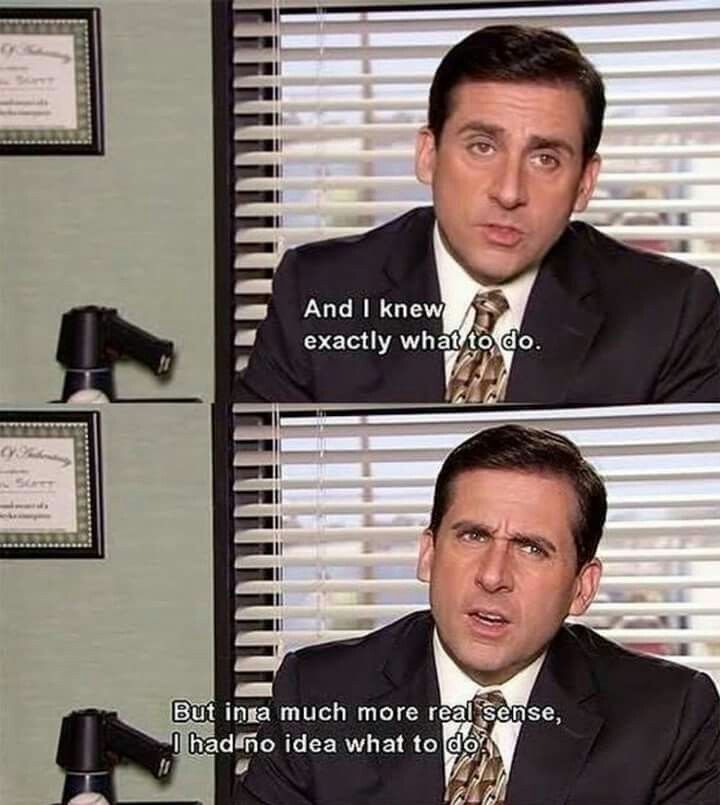 By categories of nouns: I want a fur coat, a husband, a new iPhone, a lot of money.
By categories of nouns: I want a fur coat, a husband, a new iPhone, a lot of money.
2. Desires often go beyond the limits of possibilities: it is expected that someone will give all these nouns.
For me desire is a verb. Moreover, the verb attached to me: I want to go for a walk, write an article on VC, call a friend. The abstract iPhone that lies on the table and that someone should give me as a gift does not in any way stimulate me to take any action. iPhone - separately, I - separately. For me
Desire is what I want to do, not to receive from others.
I want and I do. I don’t wait, I don’t dream, but I do. One of the criteria for the truth of great desires is that they give energy for action, and do not drive into laziness and apathy.
Warning
As you develop the ability to feel desires, you may find that you no longer want to work in this job, live with this person, or live in this city.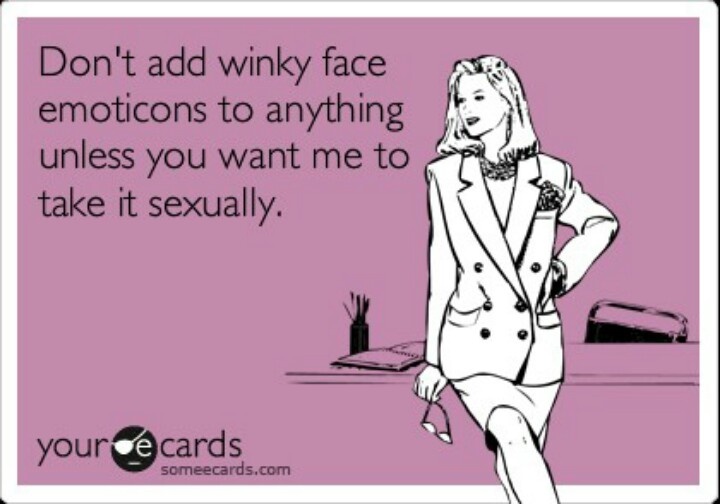 This will have to be dealt with, otherwise it will again be a betrayal of oneself and ignoring one's desires.
This will have to be dealt with, otherwise it will again be a betrayal of oneself and ignoring one's desires.
I had to change my profession, city, country, hobby, find a new environment. And although I'm happy now, I can't say that it was easy.
Total
What is important in the early stages:
1. Take your time, get ready for the marathon. It took me half a year for primitive desires before I began to hear my response about a job, an apartment, a partner, friends, a city.
2. Try to immediately satisfy your desire. Therefore, it is better to formulate it with a verb - so it is clearer what needs to be done.
3. Stay alone with yourself more often, limit social. network, let yourself get bored.
4. Be prepared for big changes and not be afraid.
5. Follow your desires, do not ignore them, do not betray yourself.
I don’t know if such huge texts are read to the end, but if you have read it and you liked it, I invite you to my telegram channel @annakopyrneva.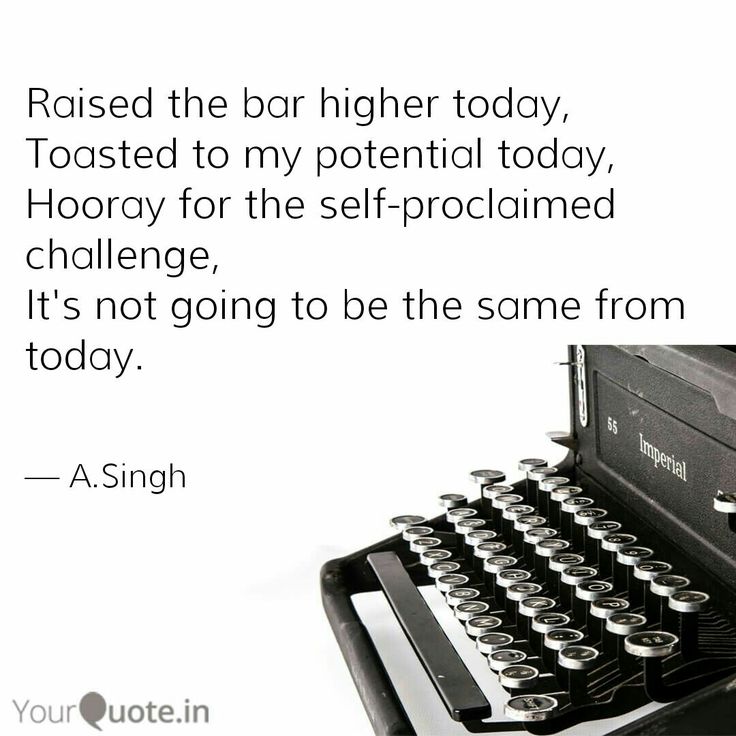

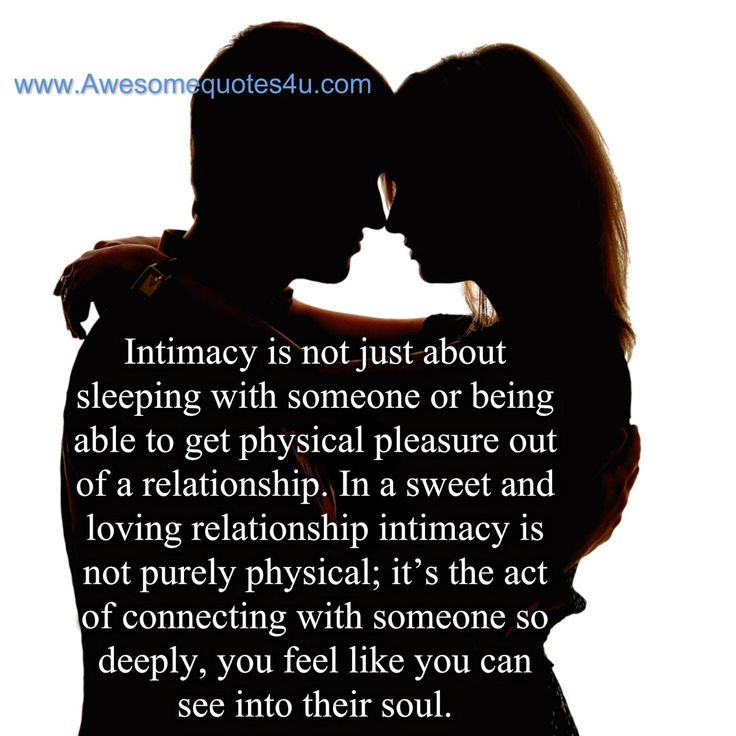

/nginx/o/2019/08/15/12467881t1he799.jpg)



